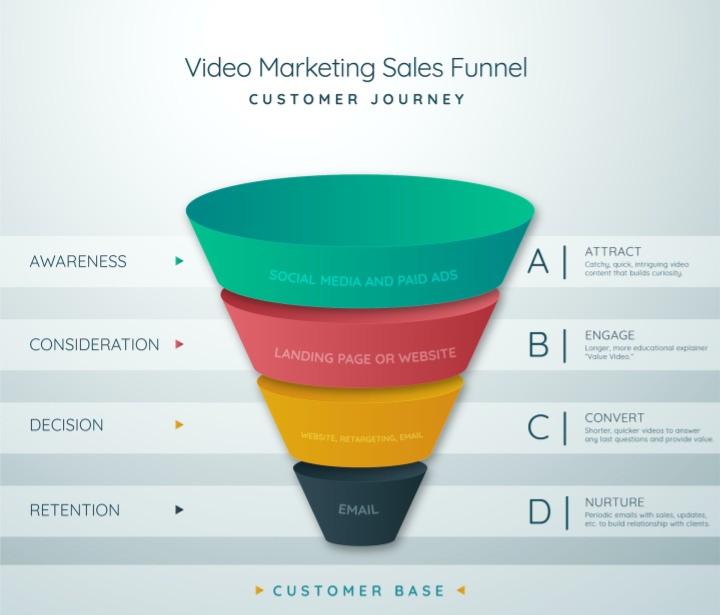Do you think the people who led Kodak in the 1970s were foolish? They made a famous mistake in business history by not embracing the digital camera invented by their researcher, Steve Sasson.
They argued that the new camera was too big and heavy. They believed filmless photography wouldn’t replace their successful business in photo film. Kodak saw itself as a leader in chemical technology, like “the Bell Labs of chemistry“. But decades later, this decision and others would cause the once-strong company to fail.
This mistake stands out compared to Kodak’s other successes at the time. From 1962 to 1981, the company grew ten times bigger. Its stock prices rose, making investors very happy. Clearly, these were not the actions of unintelligent people.
It’s a familiar tale of missed opportunities: smart, capable executives still making decisions that, in hindsight, seem like huge mistakes. This happens not only in big stories like Kodak’s, but also in smaller ways every day.
“It’s a common story in the land of missed opportunities: intelligent, skilled executives nonetheless making what would in hindsight seem catastrophic errors in judgement.”
Most executives spend a lot of time thinking about questions like these: How can we improve our next product? How do we lower costs and make more money? What should we charge, and how do we sell our product better?
Where should we launch first? Who should we hire to improve our supply chain? Should we buy this other company? Are we after market share, profit, or growth?
Executives who can answer these questions well often succeed. But if they’re asking the wrong questions, their success doesn’t matter much.
That’s what happened at Kodak. They solved the problems they thought were important. But if they had asked, “What will replace camera film, just as film replaced photographic plates?” or “If we don’t sell digital cameras, who will?” they might have seen the future Steve Sasson’s prototype pointed toward.
Socrates & the Power of Questioning
How do you figure out which questions to ask? There’s no easy formula for that. A good question challenges assumptions, gets to heart of problem & depends on the situation.
The good news is that you can learn how to ask better questions, whether you’re an individual or part of a business. This helps create a culture where people ask questions openly, making it easier to respond and adapt quickly.
That’s where Socrates comes in. You might be wondering, what an ancient Greek philosopher has to do with the modern business, but Socrates was a master at asking questions and thinking critically.
Socrates’ teaching method, still used widely today, can be seen in his student Plato’s early works like “Apology,” which tells how Socrates faced his end.
“It is possible to learn how to ask better questions, both as individuals and as a business, and by doing so build a culture of open-minded inquiry that will help you react and adapt at pace.”
Socrates, hailed as the wisest man in Greece by the Delphic Oracle, sought out supposedly knowledgeable Athenians to test their wisdom.
However, he found that poets couldn’t define poetry, and generals couldn’t define courage. Through relentless questioning, he discovered that true wisdom comes from acknowledging one’s ignorance.
From Socrates, we learn that understanding emerges through dialogue. He asked probing questions, from broad inquiries to specific details, persistently seeking clarity and challenging assumptions. This often meant questioning widely accepted beliefs, even if they seemed obvious.
Socrates criticised not only accepted wisdom but also the pretense of knowledge, particularly in rhetoric, where style often overshadowed substance.
This critique echoes in today’s world, where executives use slick presentations to persuade. Socrates would ask: Do you want someone convincing or someone who is right? These aren’t always the same.
“Today’s equivalent of orators preening in the agora is executives delivering slick PowerPoint presentations.”
While Socratic questioning is effective at revealing flaws in understanding, it’s a mistake to view it solely as a tool to undermine others, despite its satisfaction.
Firstly, challenging others this way can often lead to conflict. Socrates faced severe consequences for his provocative approach, paying with his life, but in a business setting, it can poison relationships and harm teamwork.
Moreover, Socrates approached questioning with humility—he famously claimed to know nothing—which is crucial for gaining valuable insights.
Asking meaningful questions only matters if you’re open to listening and considering responses. It’s about learning & refining your thinking, not winning arguments.
Ultimately, in business, critical thinking should foster collective learning and growth. By embracing dialogue and questioning, teams can adapt, identify opportunities, and avoid mistakes like those that befell Kodak.
10 Questions Every Leader Should be Asking
- “If we weren’t already in this business, would we enter it today? And if not, what are we going to do about it?”
~ Peter Drucker, the father of management thinking - “Why does this lead to that?”
- “What would have to be true for the option on the table to be the best possible choice?”
~ Professor Roger Martin, Rotman Business School - “What do the data not tell us?”
- “Why aren’t football players urinating more?”
~ The curious question that launched electrolyte drink Gatorade - “If we got kicked out and the board brought in a new CEO, what would [s]he do?”
~ Andy Grove, former CEO of Intel - “Could there be another explanation?”
- “How can we become the company that would put us out of business?”
~ Danny Meyer, CEO of Union Square Hospitality Group - “What if we’re wrong?”
- “Do we sell rolls of film, or preserved memories?”
Source: Inc., University of Florida
Conclusion
In conclusion, Socratic questioning offers more than just a method to expose weaknesses in understanding. It’s a disciplined approach that requires humility and genuine curiosity.
While it may uncover uncomfortable truths, its true value lies in fostering a culture of learning and collective intelligence within businesses.
Rather than using questioning to assert dominance or score points, businesses should embrace it as a tool for continuous improvement.
By encouraging open dialogue and thoughtful inquiry, teams can better navigate challenges, innovate effectively, and avoid the pitfalls that have led to the downfall of once-dominant companies like Kodak.
Ultimately, Socratic questioning reminds us that true wisdom begins with acknowledging our own limitations and actively seeking knowledge. It’s not just about asking right questions, but also about listening, learning & evolving together as a team.






